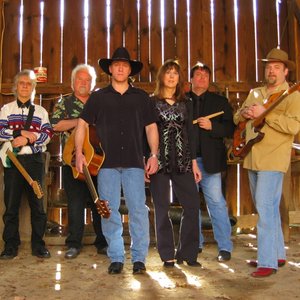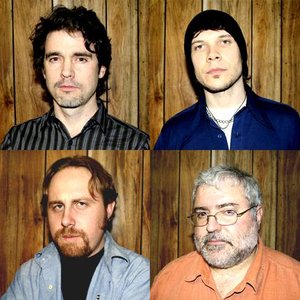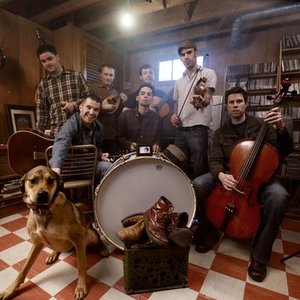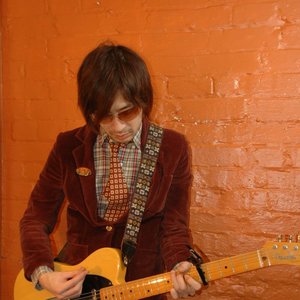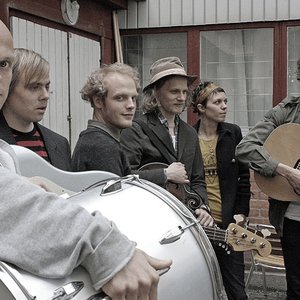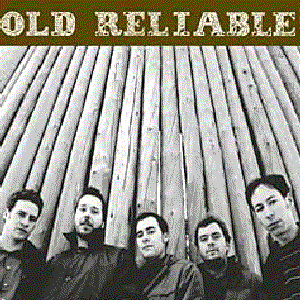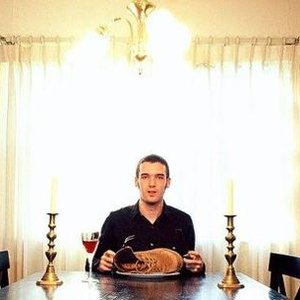Biography
Earl Pickens spent his teenage years bashing electric guitars and screaming at the top of his lungs. He played in several Long Island punk rock bands until one summer night Willie Nelson came around to set him straight. Willie chose to visit Earl in the form of his hit song "Wake Me When It's Over".
"Well I'm getting tired now.
I gotta get some sleep now.
I guess I've been worried much too long.
So don't wake me 'til it's over and the need for you is gone."
-Willie Nelson
It was an epiphany. The results were immediate. That night Earl wrote "She Left Me With Nothing But Time," his first country song.
Some time and a few dozen songs later, Earl drifted into "The Fort" at Sidewalk Cafe in New York City's East Village. He fell in with the collective consciousness of musicians known as Anti-Folk, and sharpened his songwriting and performing skills on the scene in the late 90's. The Anti-Folk movement began in the East Village in the late 80's and centered around raw-edged but folk-inspired singer-songwriters such as Cindy Lee Berryhill, Lach, and Roger Manning.
Earl played New York in several incarnations and eventually formed Earl Pickens and the Black Mountain Marauders, a rowdy six-piece that quickly earned a reputation for a raucous live show and a unique brand of country music. Their mix of rockabilly, honky-tonk, punk, glam-rock, (and even a little heavy metal) was chronicled on 2002s self-released Live At The Houston Astrodome (which was actually recorded at New York's famous honky-tonk, The Rodeo Bar).
In 2004 Earl moved out to the country where he began recording at the home studio of local blues aficionado Kim Reichley. Recording late at night -mostly live takes of just Earl and guitar- an album began to take shape.
"Once I really got into country music I began to appreciate the tradition of the sad song that doesn't try to offer any solace; the songs that say 'she done left me, she ain't coming back, I can't blame her and that's just the way it is'. The songs on Country Music Jukebox are my contribution to that tradition. I wanted to make a record that offers little in the way of redemption, but gives you plenty of reasons to have yourself another beer.."
Indeed it seems the characters that inhabit this album have seen tough times. There is the woman obsessed with the past in "She's Been Starting to Notice How Everything Slowly Changes" and the frustrated singer longing for the "voice of an angel" in "If I Could Sing Like That".
"I really try to get inside the heads of the characters in my songs, not only when I'm writing, but when I'm performing." Pickens says. "When I sing "If I Could Sing Like That" I become that loser, that guy who wouldn't get off his ass to help her bring her bags out to the car when she was leaving him. I become that jerk who won't accept his share of the blame as she walks out of his life."
Local singer/songwriter Jessie Yamas added the finishing touch. Yamas’ emotive harmony vocals complement the albums' sparse arrangements.
Country Music Jukebox was mastered by Tim Hatfield (Steve Earle, Bottle Rockets, Keith Richards) at Cowboy Technical Services and also by Paul Gold (The Eels, Pedro the Lion, LCD Sound System) at Brooklyn Phono.
Country music is where Pickens feels he belongs; it's a genre that still holds respect for the songwriter. Earl pays homage to one of the great country songwriters, Hank Williams, on the album's closing track and namesake Country Music Jukebox. It is a song that finds some poor, sad sap propped up "on a stool in the back of some old honky tonk", broken hearted and alone, but still only a quarter away from the salvation of sweet, sad country music.
Artist descriptions on Last.fm are editable by everyone. Feel free to contribute!
All user-contributed text on this page is available under the Creative Commons Attribution-ShareAlike License; additional terms may apply.
